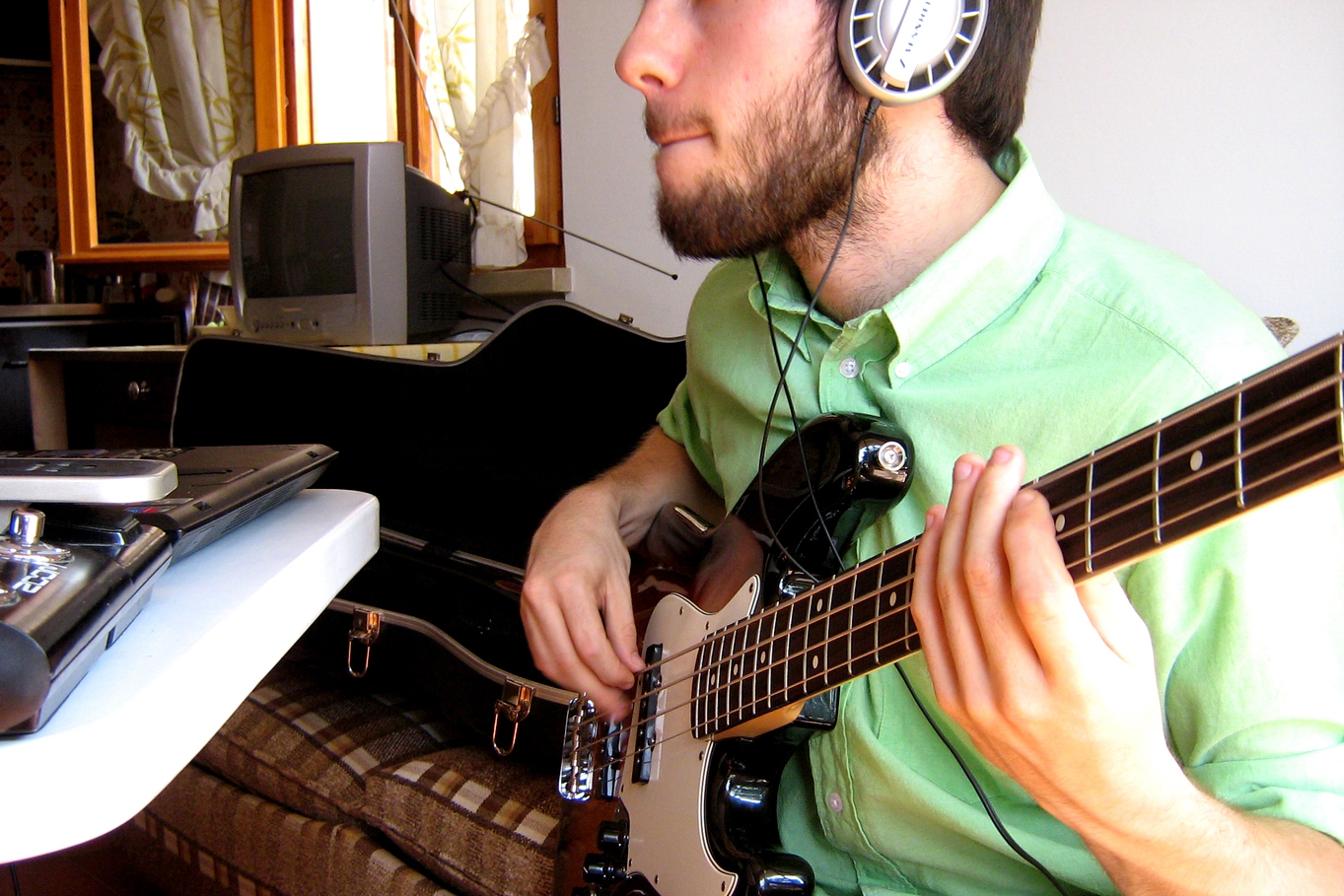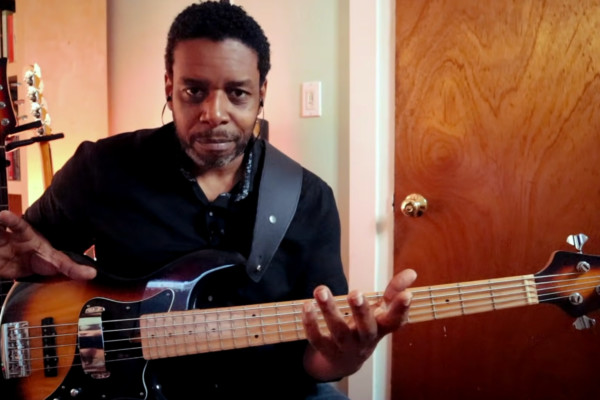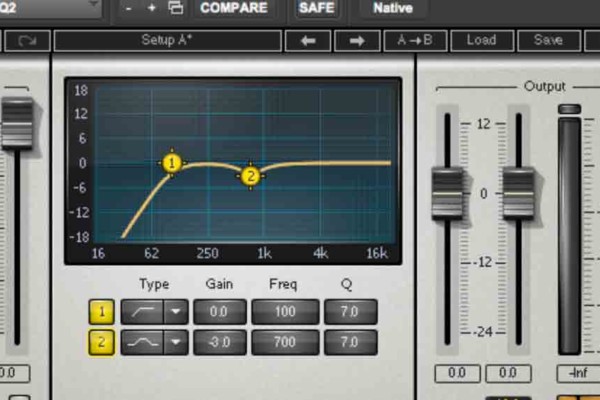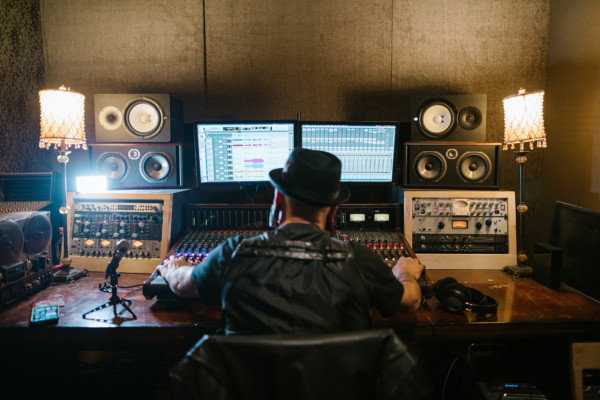Should You Record Yourself Practicing?

Q: I’ve heard people suggest that you should always record yourself practicing. Do you or anyone actually do this? What are the benefits?
A: Yes! I’ve recommended this to a lot of drummers in years past but have also started to recommend this to some of my students. I think it is especially a good idea for my students who struggle or are inconsistent and uncontrolled with time-feels and/or get obsessed with over-thinking note choice in such a way that they play in run-on sentences (i.e: never-ending streams of notes. No phrases or melodies to speak of. Just chordal connections without melodic intent.)
Why? The more we think, the less we listen.
When we practice, we are thinking very hard about a very specific thing that we are trying to work through (hopefully). This means that we might not be hearing the minutia and finer details regarding our timing, feel, harmonic choices, and how they relate (or not) to each other. Basically, there is a vast amount of music we are making that we are not hearing well. We likely can’t see the forest for the trees and we, likely, aren’t even aware that the forest exists because we’re staring so hard at that tree.
When we can listen (and watch if you shoot video, which can be useful for ergonomic and efficiency refinement) to what we’ve been playing in a more objective environment, we can really hear things sit. We can hear how musical we are. How are my phrases? How is my feel and tone? Did you play anything that you would want to listen to as a music lover?
Now, it must be said that I wouldn’t expect anybody to shed scales for 2 hours and then listen to themselves shedding scales for two hours. There’s likely only so much useful feedback from that kind of practice. However, if you practice various patterns of a scale for an hour and a half and then set up a drone and record yourself trying to use that scale to create melodies (solo) over, for example.
You’ll get a ton of feedback regarding everything I’ve mentioned, and more.
- You’ll likely pick up on repeated phrases and licks that you might over-use.
- You may realize that you start every idea on the same beat and with the same rhythm.
- You may realize that you start every idea on the same scale tone and realize how it reduces the effectiveness of your ideas after a while.
These are just some of the things that I remember realizing about my own playing after listening back, years ago.
You can evaluate and think through the things you didn’t like about what you hear while also recognizing some things that really sound and feel good, and reinforce those concepts in future practice sessions.
It’s not a bad idea to listen to one of these recordings before your next practice session and then identify one thing in there that you would like to work on in this current practice session. A kind of refreshment and encouragement of what needs work and what can be evolved in your playing.
It’s also a fantastic idea to record audio and/or video of every gig and rehearsal. This can be great for the group to get that objective perspective of the music as a whole, but as individuals, you can REALLY hone in on those things that could use work, taken from a real-world setting (not just while staring at the wall in the practice room). We play differently live than we do in the shed and should, therefore, be even more interested in how we sound in that setting.
(yes, I know I and others have mentioned that “we play how we practice” but it’s undeniable that our adrenalin is up when on stage, our senses heightened, we are likely playing with more intention, not to mention the fact that we are reacting in real-time to each other on stage, even if you are playing set parts).
In short: Yes, I believe that everybody would do well to record certain aspects of their practice sessions and everybody should definitely record gigs and rehearsals as much as possible. It’s astounding what you can learn when you listen to yourself with the mindset you have when listening to anyone.
We just seem to suck at hearing ourselves as we are in the moment. A little hind-sight can go a LONG way towards your development, especially when it comes to your voice on the instrument.
How can you be sure what you want to sound like when you’ve never really heard yourself objectively?
Have a question for Damian Erskine? Send it to [email protected]. Check out Damian’s instructional books, Right Hand Drive and The Improviser’s Path.




Good advise, and I will miss your insights in the future. I wish you the best!